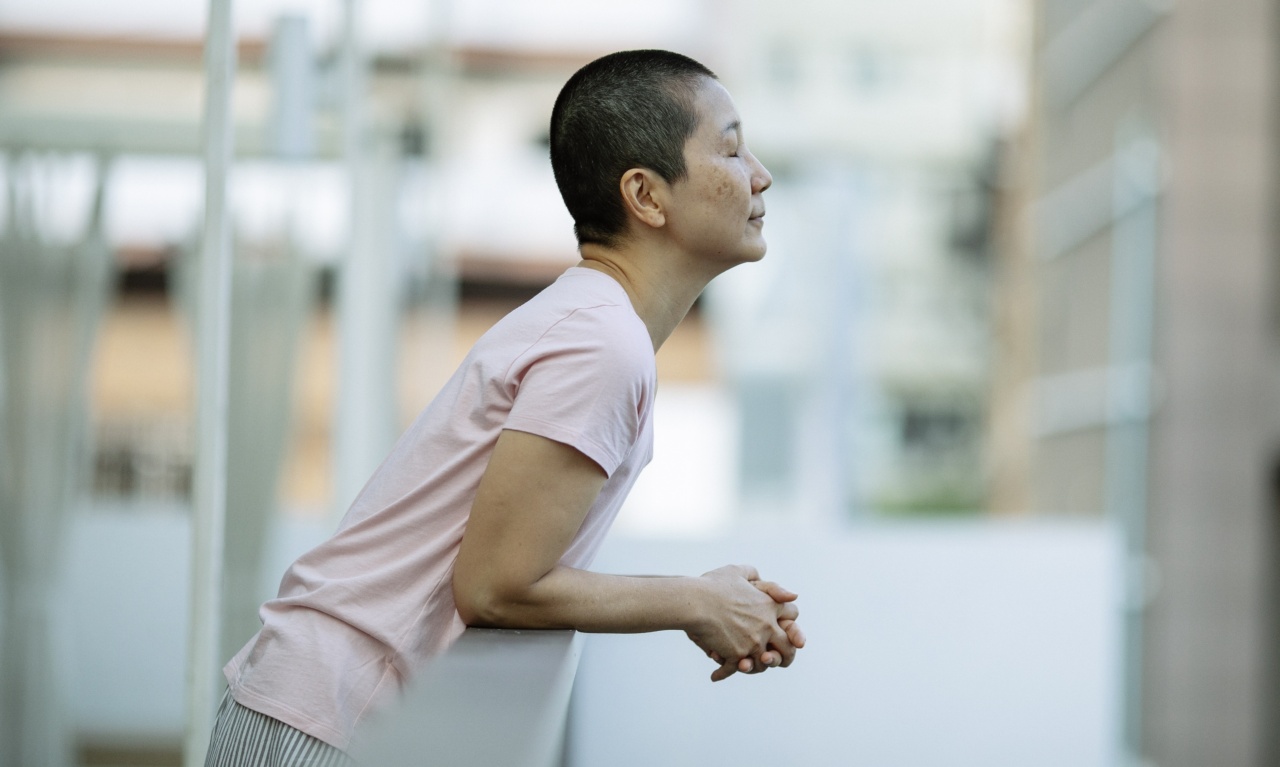Evenings, the time that marks the end of a day and leads to much-needed rest and rejuvenation.
However, recent research suggests that evenings harbor a dark side, as they can significantly impact the risk of developing serious diseases such as breast cancer and prostate cancer. Understanding the relationship between evenings and these cancers is not only crucial for prevention but also for raising awareness about the importance of sleep, artificial light, and lifestyle choices in maintaining optimal health.
The Connection Between Evenings and Breast Cancer
Breast cancer, one of the leading causes of cancer-related deaths among women, has been associated with various risk factors. However, the influence of evenings on breast cancer risk has gained attention in recent years.
The disruption of the body’s natural sleep-wake cycle, often caused by exposure to artificial light during the evening, has been linked to increased breast cancer risk.
Studies have shown that exposure to artificial light at night can suppress the production of melatonin, a hormone that plays a vital role in regulating sleep patterns and exhibiting anti-carcinogenic properties.
The suppression of melatonin due to prolonged exposure to artificial light in the evenings can disrupt the body’s circadian rhythm and contribute to the development of breast cancer.
Furthermore, evenings are a time when individuals may engage in sedentary activities, such as watching television or using electronic devices. Prolonged sitting and reduced physical activity have been associated with an increased risk of breast cancer.
Therefore, adopting an active lifestyle during the evening hours is crucial in reducing the risk of developing breast cancer.
The Menace of Evenings: Prostate Cancer Risk
While breast cancer predominantly affects women, evenings also pose a threat to men in terms of prostate cancer risk.
Prostate cancer, the second most common cancer among men worldwide, has shown a potential association with evening habits and lifestyle choices.
Similar to breast cancer, exposure to artificial light at night disrupts the natural production of melatonin, leading to an increased risk of prostate cancer.
Studies have shown that night workers, who are constantly exposed to artificial light during their evening shifts, have a higher incidence of prostate cancer compared to those with regular daytime working hours.
Sleep disturbances also play a role in prostate cancer risk.
Insufficient sleep, poor sleep quality, or sleep disorders can disrupt hormonal balance and weaken the immune system, making individuals more susceptible to the development of prostate cancer.
Taking Control of Your Evenings and Reducing Cancer Risk
With the knowledge of the potential risks associated with evenings, it is crucial to take control of our habits and lifestyle choices to reduce the chances of developing these cancers. Here are some tips to reduce the dark side of evenings:.
1. Prioritize Sleep:
Ensure you get sufficient sleep each night, aiming for at least 7-8 hours of quality sleep. Create a relaxing bedtime routine and make your sleeping environment conducive to restful sleep.
2. Limit Artificial Light Exposure:
Avoid exposure to bright screens, such as laptops, tablets, and smartphones, before bedtime. Dim the lights in your home during the evening hours to allow your body to produce melatonin naturally.
3. Stay Active:
Engage in physical activities during the evening, such as going for a walk, practicing yoga, or participating in a sport. Aim for at least 30 minutes of moderate-intensity exercise most days of the week.
4. Practice Mindfulness:
Incorporate mindfulness practices, such as meditation or deep breathing exercises, into your evening routine. This can help reduce stress levels and promote relaxation.
5. Maintain a Healthy Diet:
Eat a balanced diet rich in fruits, vegetables, whole grains, and lean proteins. Limit the consumption of processed foods, sugary drinks, and alcohol, as these can increase the risk of cancer.
6. Get Regular Check-ups:
Stay up-to-date with regular check-ups and screenings for early detection of breast cancer and prostate cancer. Consult with your healthcare provider about the appropriate screenings for your age and risk profile.
7. Create a Sleep-friendly Environment:
Ensure that your bedroom is dark, quiet, and at a comfortable temperature. Use blackout curtains, earplugs, or sound machines to create an optimal sleep environment.
8. Establish Regular Sleep Patterns:
Try to go to bed and wake up at consistent times each day, even on weekends. This helps regulate your body’s internal clock and promotes restful sleep.
9. Educate Others:
Spread awareness about the potential risks associated with evenings and the importance of healthy sleep habits. Encourage friends, family, and coworkers to adopt lifestyle changes and prioritize quality sleep.
10. Seek Professional Help:
If you consistently struggle with sleep problems or feel overwhelmed by stress, seek guidance from a healthcare professional or sleep specialist. They can provide personalized advice and recommend appropriate interventions.
Conclusion
The dark side of evenings reveals the potential risks of breast cancer and prostate cancer.
By understanding the connection between evenings, sleep, artificial light, and lifestyle choices, individuals can take proactive steps to reduce the risk of developing these cancers. Prioritizing sleep, limiting exposure to artificial light, practicing an active lifestyle, and maintaining a healthy diet are key strategies in combating the dark side of evenings.
By making informed choices and raising awareness, we can strive for a healthier, cancer-free future.


























